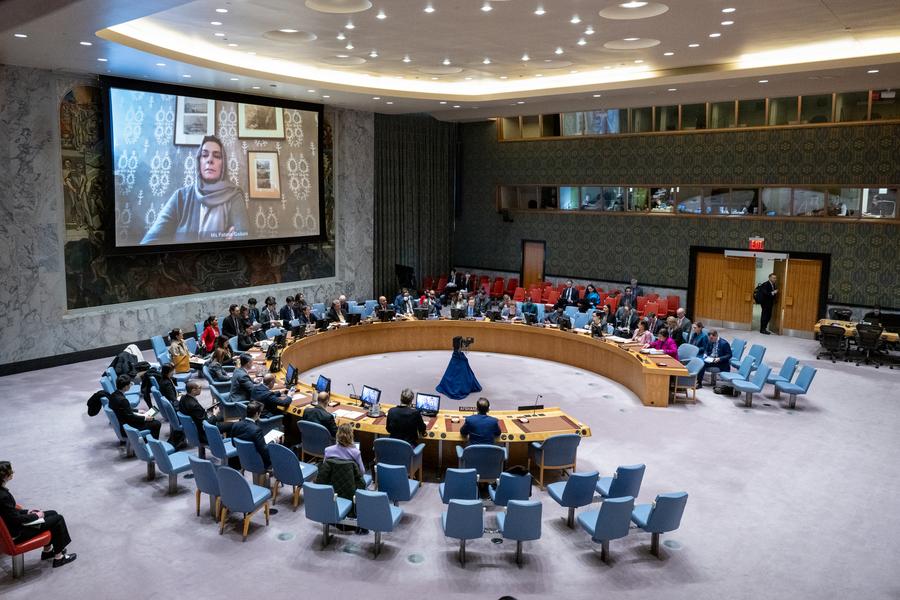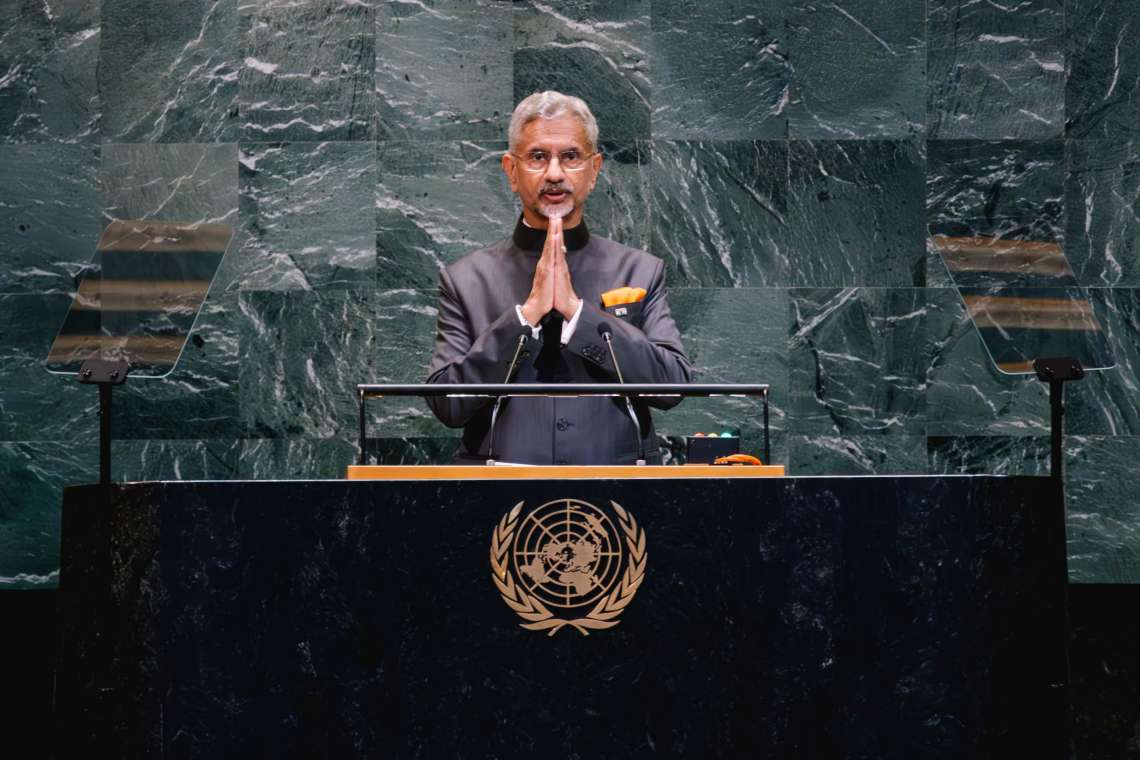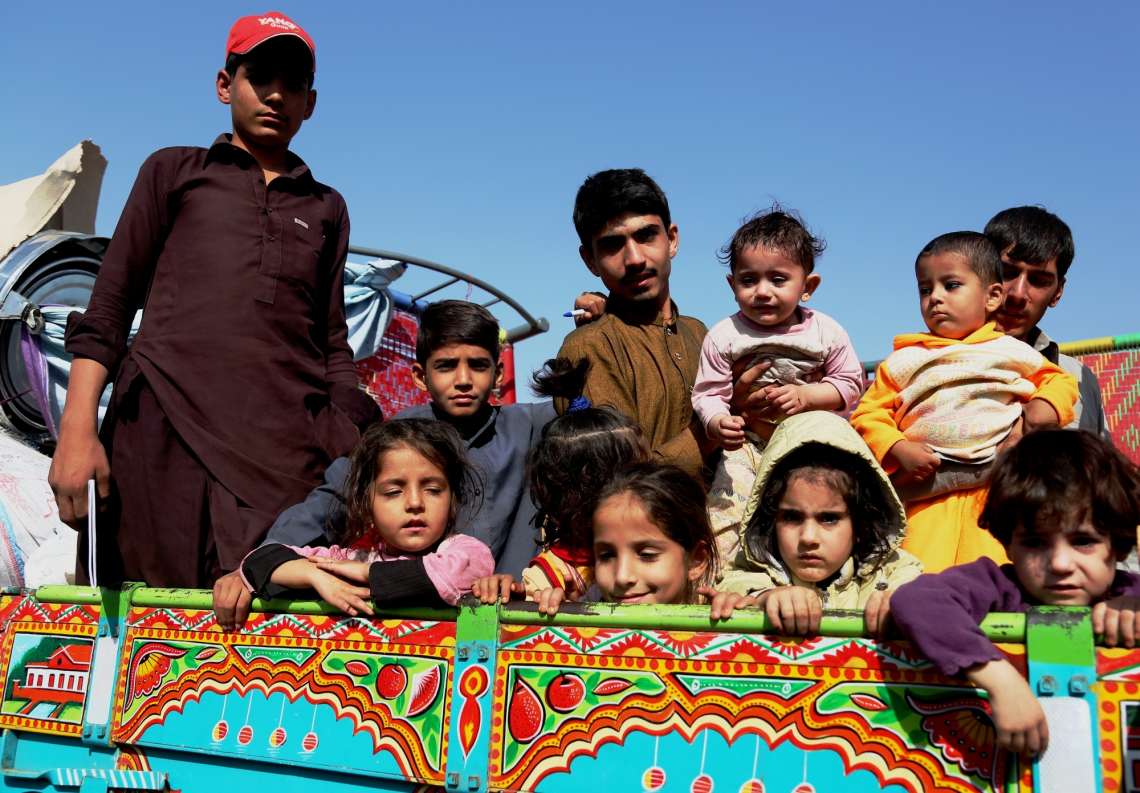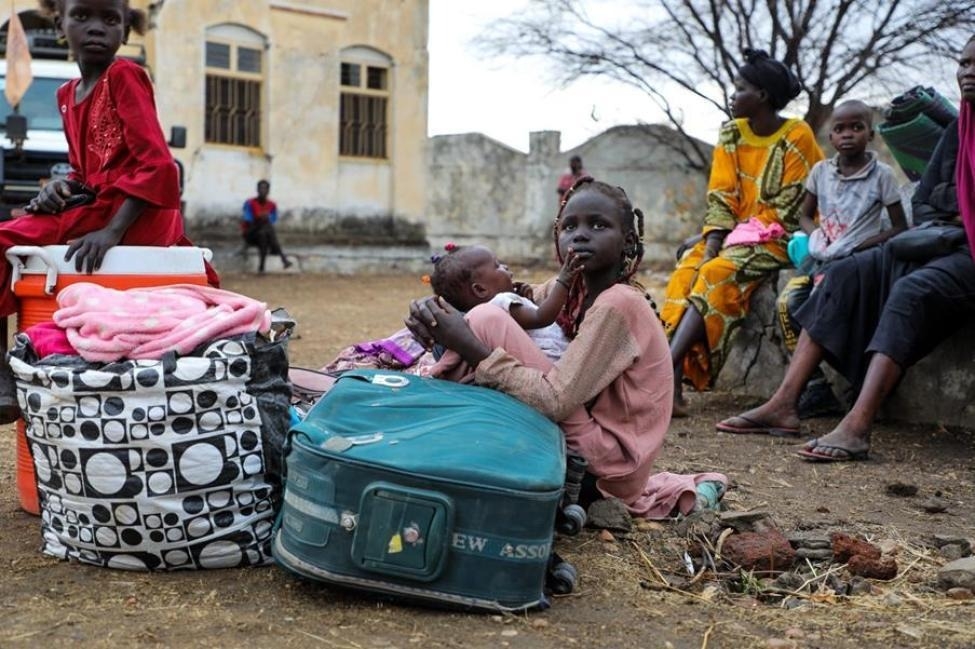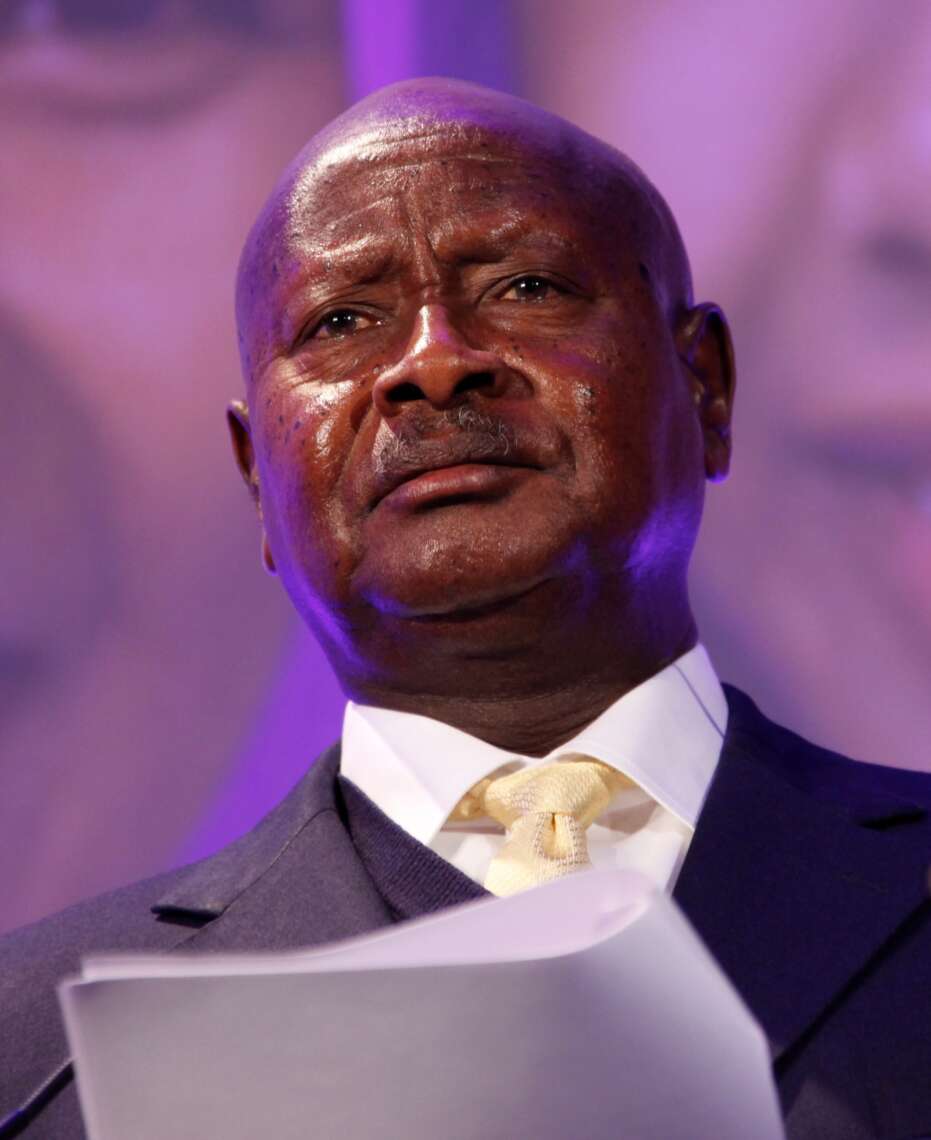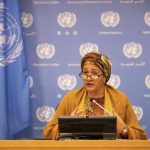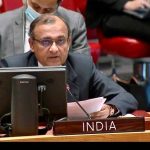The mandate in question is held by the Special Rapporteur, a position currently occupied by Sudanese human rights lawyer Mohamed Abdelsalam Babiker
In a rare and potentially precedent-setting move, Eritrea is attempting to cancel the mandate of a United Nations expert investigating alleged human rights abuses within the country, according to documents sent to the UN Human Rights Council. Western diplomats fear that this move could embolden other states seeking to evade international scrutiny.
The mandate in question is held by the Special Rapporteur, a position currently occupied by Sudanese human rights lawyer Mohamed Abdelsalam Babiker. His role is to document human rights violations in Eritrea, a country where civil society groups, including Human Rights Watch, have long claimed that impunity is widespread.
In a report released in May, Babiker described the situation in Eritrea as “critical,” highlighting numerous cases of arbitrary detention, enforced disappearances, and the use of lengthy national and military service terms. These conditions have driven thousands of Eritreans to flee the country in search of safety and better opportunities.
Despite repeated attempts to seek comment, Eritrea’s information ministry and its diplomatic mission in Geneva have not yet responded. Eritrea has long opposed the mandate, and this week, it sent a large delegation to a UN meeting in Geneva to advocate for its proposal to end the mandate. The country has also voiced opposition to investigations targeting individual countries’ human rights records.
During the meeting, states such as Sudan, Russia, and Iran expressed their support for Eritrea’s proposal. In contrast, the European Union and the United Kingdom were among those who opposed it, leading to a polarized debate among diplomats.
The UN expert position was established in 201 by2 a group of African states and has been annually renewed by the Geneva-based Human Rights Council. Recently, the European Union has led efforts to renew the mandate. However, this year, Eritrea preempted them by tabling a rival motion to discontinue the mandate altogether.
While states subject to UN investigations often lobby against them or attempt to dilute their impact, human rights experts say that this is the first time in the nearly 20-year history of the council that a proposal to end a mandate has been put forward. They worry that this move could embolden other states looking to block accountability efforts. In 2023, Ethiopia attempted to end a mandate early but ultimately backed down.
“The EU recalls that the principles of sovereignty and non-interference in a state’s internal affairs do not free states from their obligations under international human rights law,” said the EU delegate in a statement shared with Reuters. The delegate argued that Eritrea’s lack of consent “should not be used to escape international scrutiny.”
Many of the other investigations conducted by the Geneva-based council are typically initiated by Western countries, such as those on Russia and Sudan. The evidence gathered from these investigations is sometimes used by international prosecutors to hold individuals and governments accountable for human rights violations.
As the debate continues, a vote on the matter is expected to take place next month. The outcome could have significant implications for international human rights efforts and set a precedent for how states respond to allegations of human rights abuses.
Western diplomats and human rights advocates are closely monitoring the situation, concerned that Eritrea’s bid to end the mandate could undermine the effectiveness of the UN Human Rights Council and embolden other countries to follow suit. The international community will be watching closely to see if the council will uphold its commitment to protecting human rights or if it will allow states to evade accountability for alleged abuses.



